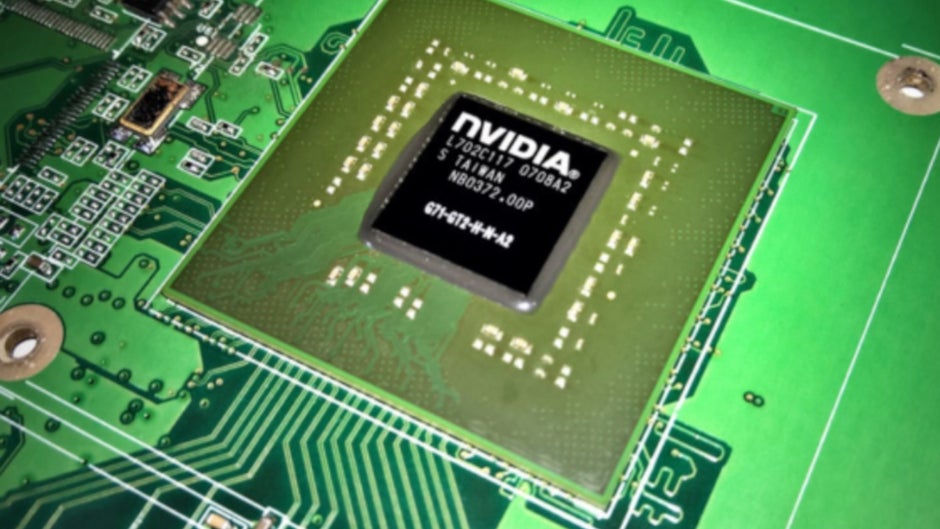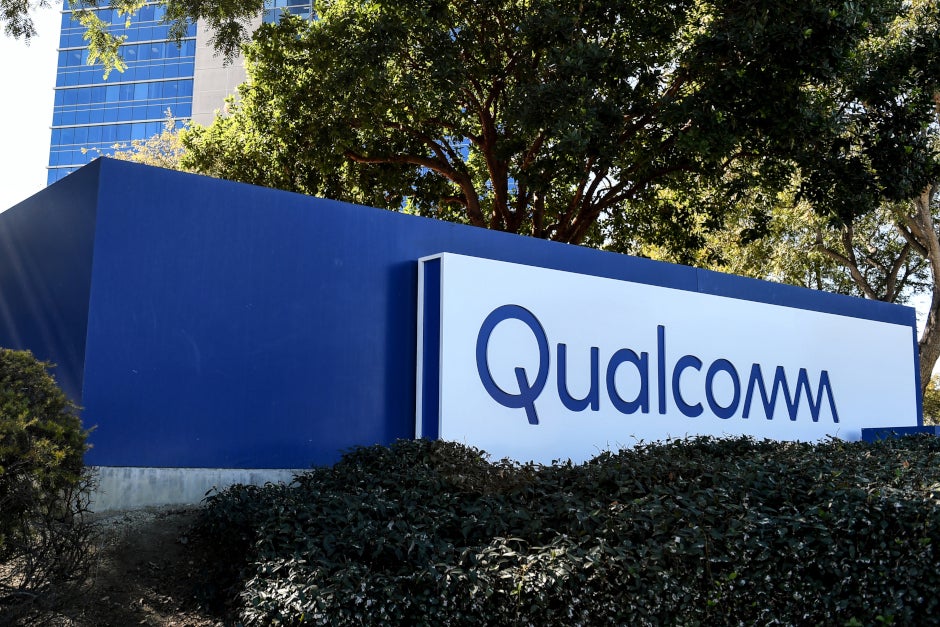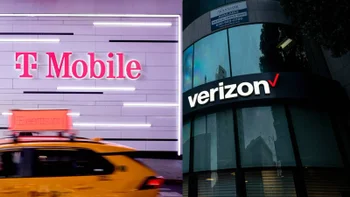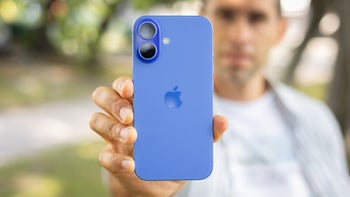Qualcomm seeks to block NVIDIA's $40 billion bid to buy ARM

It was back in September when we told you that GPU designer NVIDIA had agreed to pay $40 billion for ARM Holdings. The latter's main business is the design of CPU cores and the company was owned by SoftBank. The Japanese tech firm will reportedly turn an $8 billion profit on the transaction once it closes. To close, the purchase of ARM by NVIDIA will need to be approved by regulators around the world.
According to CNBC, U.S. chip designer Qualcomm has relayed its opposition to the deal with regulatory agencies including the Federal Trade Commission (FTC), the European Commission (EC), the U.K.'s Competition and Markets Authority, and China’s State Administration for Market Regulation. In the U.S., the FTC has started its "second phase" and has requested more information from NVIDIA, SoftBank and ARM say a couple of sources who are familiar with the investigation. The pair wish to remain anonymous because the discussions are private in nature.
Qualcomm seeks to block NVIDIA's $40 billion acquisition of ARM by filing complaints with various regulatory agencies
The FTC's information request could take months for the companies to comply with. Qualcomm got involved in the approval process for the deal because it believes that if it buys ARM, NVIDIA will prevent other chip companies from using ARM's intellectual property. And that would be a problem to the more than 500 companies that license ARM's chip designs to manufacture their own chips. ARM's chip architectures are used in 95% of the world's smartphones and 95% of the chips designed in China. Qualcomm is concerned that NVIDIA won't be able to fully take advantage of the acquisition without crossing some lines that it would prefer not get crossed. As a result, five industry sources and two tech investors say that there is a good chance that the transaction will be blocked by at least one of the regulatory agencies. On the other hand, NVIDIA told CNBC that isw it confident that the transaction will get approved by regulators.from ARM and build their own ARM-based CPU. That is a unique model."

One of the sources adds that "The incentive (for ARM) is to share its technology with as many people as possible, and the only thing they can get in exchange for that is royalties. That creates trust between ARM and its licensees. These licensees feed information to ARM that can (help it to) make better products to enable the next generation (of products) to obtain more revenues. It’s a virtuous cycle."
In addition to Qualcomm, U.K. AI chip start-up firm Graphcore has spoken with the U.K.’s Competition and Markets Authority to complain about the transaction. The company's CEO, Nigel Toon, told CNBC in December that he sees the deal as being anti-competitive. He said, "It risks closing down or limiting other companies' access to leading-edge CPU processor designs which are so important across the technology world, from data centers, to mobile, to cars and in embedded devices of every kind."
NVIDIA, as you might expect, has a different point of view about its possible acquisition of ARM. The graphics chip designer said, "As we proceed through the review process, we’re confident that both regulators and customers will see the benefits of our plan to continue ARM's open licensing model and ensure a transparent, collaborative relationship with ARM's licensees. Our vision for ARM will help all ARM licensees grow their businesses and expand into new markets." While NVIDIA is the largest GPU supplier in the world, ARM is the third largest which could allow those opposed to the deal to use antitrust arguments in an attempt to block it.
Besides Qualcomm, other big tech firms like Google and Microsoft are also demanding that regulators block the deal from going through.
Follow us on Google News













Things that are NOT allowed:
To help keep our community safe and free from spam, we apply temporary limits to newly created accounts: